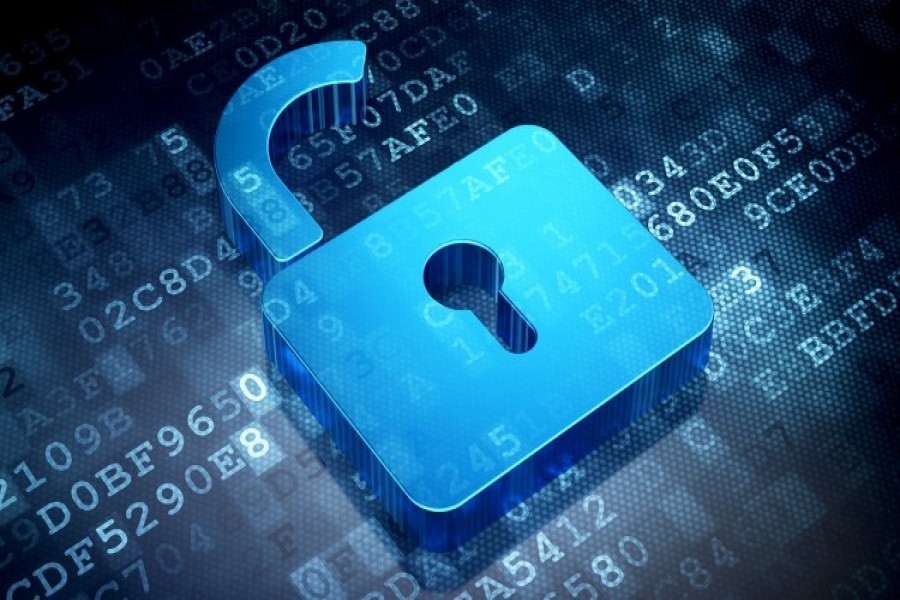
Published :
Updated :

The Human Rights Watch (HRW) said the Digital Security Act, passed by parliament in Bangladesh last week despite opposition from the country's journalists, 'strikes a blow to freedom of speech'.
The law, which replaces the much-criticised Information and Communication Technology Act (ICT), retains the most 'problematic' provisions of that law and adds more provisions criminalising 'peaceful' speech, says the New York-based global rights body.
"The new Digital Security Act is a tool ripe for abuse and a clear violation of the country's obligations under international law to protect free speech," said Brad Adams, Asia director. "With at least five provisions criminalising vaguely defined types of speech, the law is a license for wide-ranging suppression of critical voices."
Several provisions violate international standards on free expression, reports UNB.
The HRW says Section 21 authorises sentences of up to 14 years in prison for spreading "propaganda and campaign against liberation war of Bangladesh or spirit of the liberation war or Father of the Nation."
The United Nations Human Rights Committee, the independent expert body that monitors compliance with the International Covenant on Civil and Political Rights (ICCPR), to which Bangladesh is a party, has expressly stated laws that penalise the expression of opinions about historical facts are incompatible with a country's obligations to respect freedom of opinion and expression, it says.
Section 25(a) authorises sentences of up to three years for publishing information that is "aggressive or frightening" - broad terms not defined in the law, according to the HRW.
The use of such vague terms violates the requirement that laws restricting speech be formulated with sufficient precision to make clear what speech would violate the law.
The vagueness, combined with the harsh potential penalty, increases the likelihood of self-censorship.
Section 31 imposes sentences of up to 10 years for posting information that "ruins communal harmony or creates instability or disorder or disturbs or is about to disturb the law and order situation."
The HRW said the government should not be able to punish criticism on the grounds that it may "disturb the law-and-order situation."
Section 31 also covers speech that "creates animosity, hatred, or antipathy among the various classes and communities."
UN human rights experts have stated that restrictions on public debate in the name of racial harmony must not be imposed to the "detriment of human rights, such as freedom of expression and freedom of assembly."
The law's overly broad definition of "hate speech" opens the door for arbitrary and abusive application of the law and creates an unacceptable chill on the discussion of issues relating to race and religion, the rights body says.
Section 29, like the much-abused section 57 of ICT Act, criminalizes online defamation, the HRW says.
It says while section 29, unlike the ICT Act, limits defamation charges to those that meet the requirements of criminal defamation in the penal code, it is nevertheless contrary to a growing recognition that defamation should be considered a civil matter, not a crime punishable with imprisonment.
Section 28 authorises sentences of up to five years in prison for speech that "injures religious values or sentiments."
The rights body says journalists in Bangladesh also opposed section 32 of the law, which authorises up to 14 years for gathering, sending, or preserving classified information of any government using a computer or other digital device, noting that doing so is a means to expose wrongful actions by officials.


 For all latest news, follow The Financial Express Google News channel.
For all latest news, follow The Financial Express Google News channel.